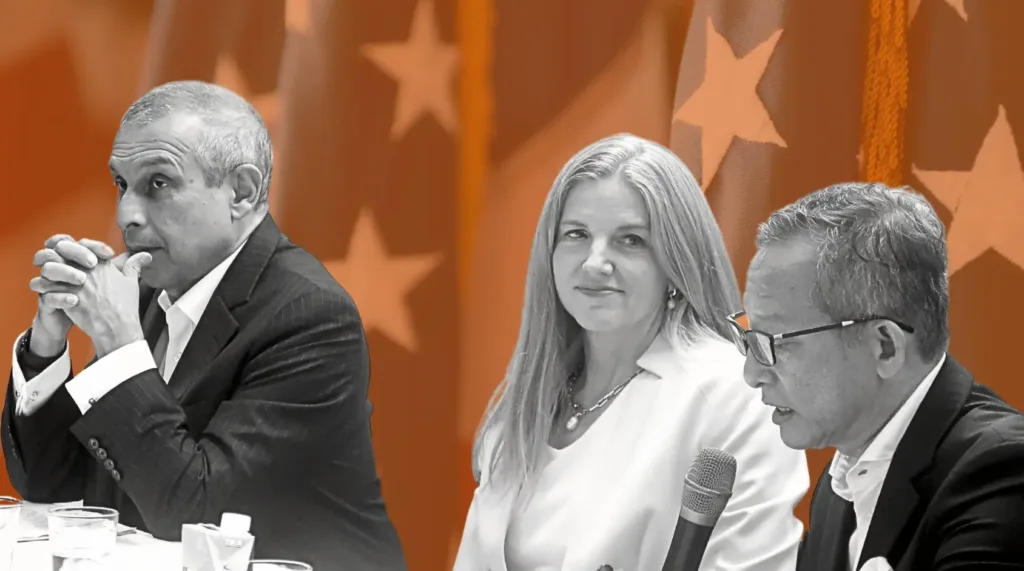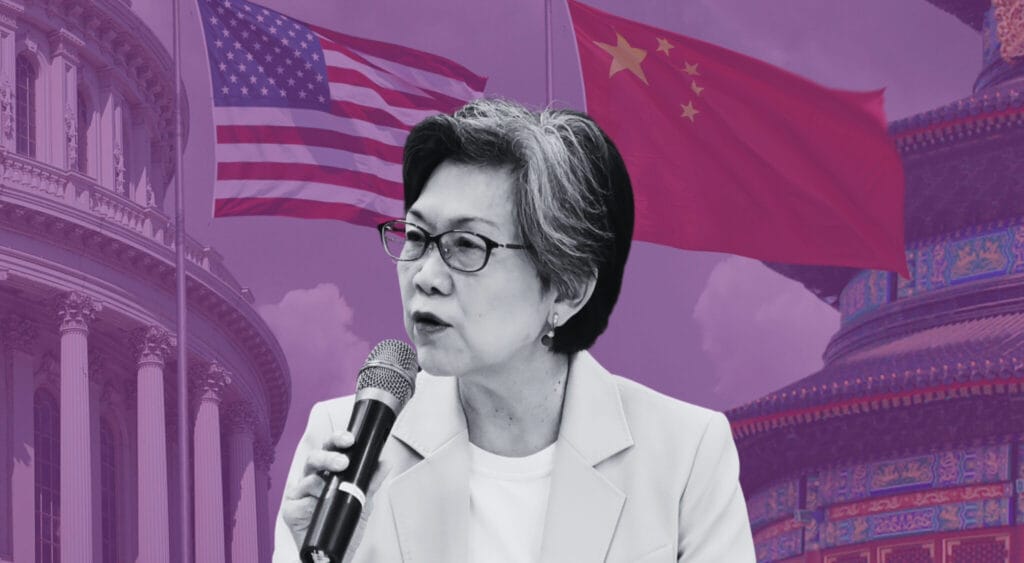The 12 June meeting between US President Donald Trump and North Korean leader Kim Jong Un has been lauded as a historical event. But what lies ahead for engagement with North Korea? Has the meeting bolstered Trump domestically, ahead of US midterm elections? How should we view the summit in the wider context of US foreign policy and US-Asia relations? To address these questions, we held an evening talk on Thursday 28 June 2018, featuring views from Mr. Steven Okun, Senior Advisor, McLarty Associates, and Dr. Soo Yeon Kim, Associate Professor and Head, Department of Political Science, NUS. The session was moderated by Mr. Nicholas Fang, Director, Security and Global Affairs, SIIA. Here’s some highlights from the discussion.
Immediate Outcomes and Next Steps
It is too early to say whether the Trump-Kim Summit has resolved the standoff on the Korean peninsula. It has started a process of dialogue, and there have been early steps such as the suspension of US-South Korea military exercises, while North Korea has toned down anti-US rhetoric. But the world will need to wait and see.
There does appear to be a shift in North Korean politics, with Pyongyang now prioritising economic development rather than simply putting the military first. In that sense, North Korea is serious about wanting economic gains, which may bode well for North Korea keeping their side of any deal. That said, satellite imagery from 21 June shows that infrastructure work is still continuing at North Korea’s Yongbyon research centre, thought to be the main uranium enrichment site.
US and UN Sanctions
The last round of UN Security Council sanctions against North Korea were deemed effective due to China’s strong support. However, China is now in favour of relaxing restrictions on North Korea. But it remains unclear when sanctions may be lifted. Both China and South Korea have said sanctions could be eased when North Korea shows some progress, but US Secretary of State Mike Pompeo has said North Korea will need to completely denuclearise before sanctions can be relaxed.
China’s Aims
China does not want escalation of tensions or a failed nuclear-armed state on their border. That said, it is not clear how much influence China has over North Korea. Thus far, Mr. Kim has made three trips to China, twice before the Singapore summit and one after. But this flurry of meetings has occurred in the context of the Trump-Kim meeting, and Mr. Kim may not have travelled to meet President Xi Jinping without that push.
Trump and US Politics
Has the Trump-Kim Summit helped President Trump domestically, ahead of midterm elections? Mr. Trump did see a small increase in approval ratings, but these gains have since been eroded due to the controversy over the separation of migrant children from parents at the US border. Additionally, if the Democrats are able to gain control of the House in November, they may be able to block future attempts by the Trump administration to lift sanctions on North Korea.
Singapore and ASEAN’s Role in Engaging North Korea
The North Korean media praised Singapore’s development in their coverage of the summit, following Mr. Kim’s tour of the city. North Korea therefore does see Singapore as a potential model. If relations with North Korea improve, Singapore and its neighbours in ASEAN could be a source of technical assistance in the future. There is also some potential for trade. In 2015, Singapore was North Korea’s sixth largest trading partner, with bilateral trade reaching USD 29 million (SGD 39 million). Though in 2017, trade fell to just SGD 700,000 due to sanctions.
Investing in North Korea
However, while there is some enthusiasm about the potential for businesses to enter North Korea, as was the case with Myanmar, currently the North Korean government does not have a good track record of protecting the rights of foreign investors. Until there are stronger guarantees, such as bilateral investment treaties, North Korea will remain risky for businesses.
Global and Regional Context
The Trump-Kim meeting has been juxtaposed with Mr. Trump’s friction with G7 leaders, the brewing trade war with China and the European Union, and other international affairs. While Mr. Trump has been criticised for granting legitimacy to Mr. Kim, it has also been argued that this was a necessary step in order to move forward. Unlike his predecessors, Mr. Trump was willing to take that step. In general, the same principle applies to much of Mr. Trump’s foreign policy. There are genuine unresolved issues in international affairs, such as the rules governing global trade. Earlier this week, China and the EU agreed to launch a working group to propose reforms to the World Trade Organization. To a degree, Mr. Trump has correctly identified problems that require action. The difficulty is that his administration’s chosen actions have proved controversial.







